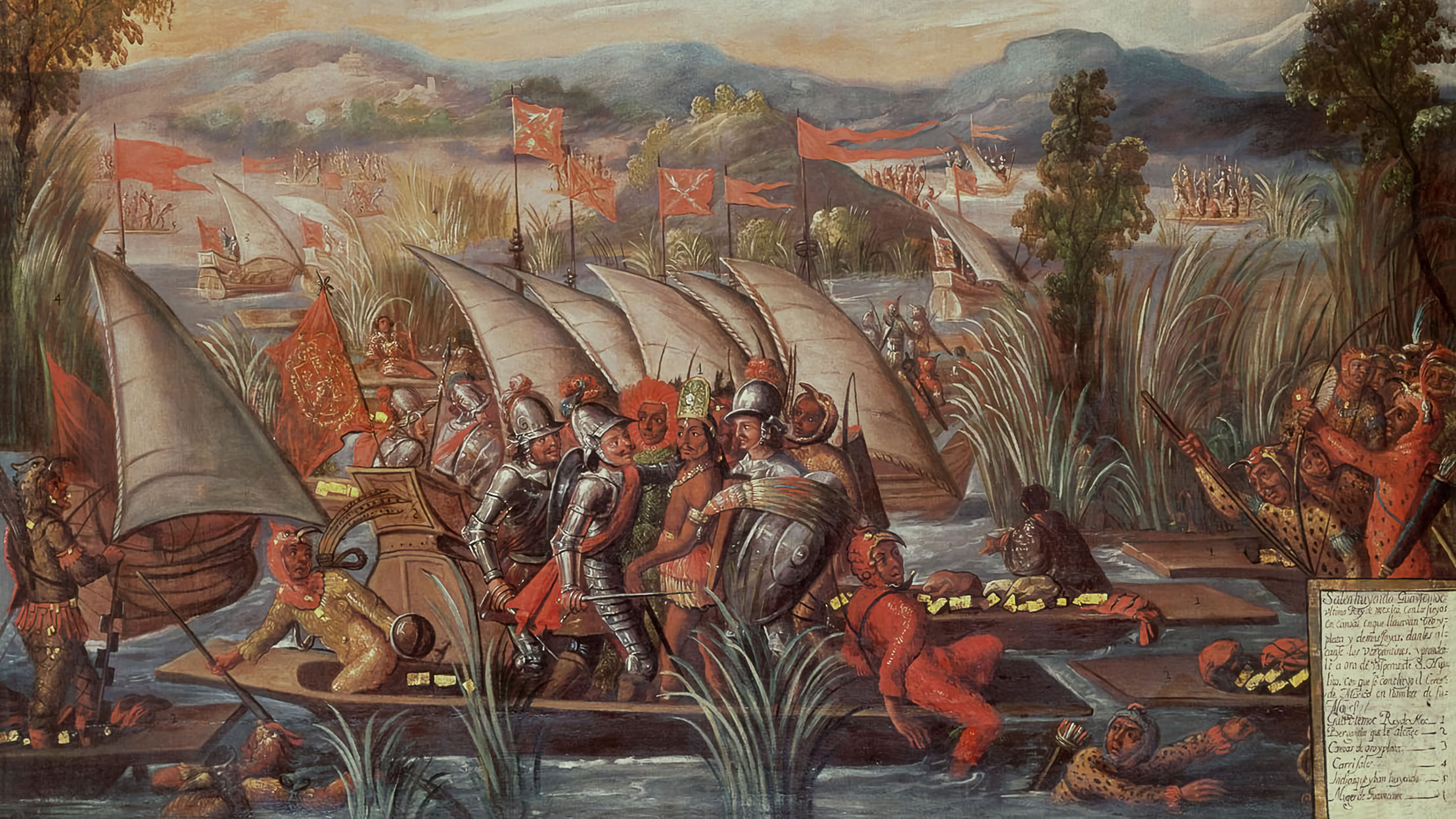Stevens, Scott Manning. "Reading the Doctrine of Discovery." Throughlines. www.throughlines.org/suite-content/reading-the-doctrine-of-discovery. [Date accessed].
Reading the Doctrine of Discovery
Reading suggestions for a deeper dive into the centuries of jurisprudence for stealing Native lands set by an obscure early modern religious decree.

Cavedon, Matthew P. From the Pope’s Hand to Indigenous Lands: Alexander VI in Spanish Imperialism. Leiden: Brill, 2023.
Miller, Robert J. Jacinta Ruru, Larissa Behrendt, and Tracey Lindberg. Discovering Indigenous Lands: The Doctrine of Discovery in the English Colonies. Oxford: Oxford University Press, 2012.
Miller, Robert J. “The Doctrine of Discovery and Manifest Destiny,” Why You Can’t Teach United States History without American Indians, eds. Susan Sleeper-Smith, et al. Chapel Hill: University of North Carolina Press, 2015.
Patricia Seed. Ceremonies of Possession in Europe’s Conquest of the New World, 1492-1640. Cambridge, UK: Cambridge University Press, 1995.
Williams, Robert A., Jr. The American Indian in Western Legal Thought: The Discourse of Conquest. New York: Oxford University Press, 1990.







